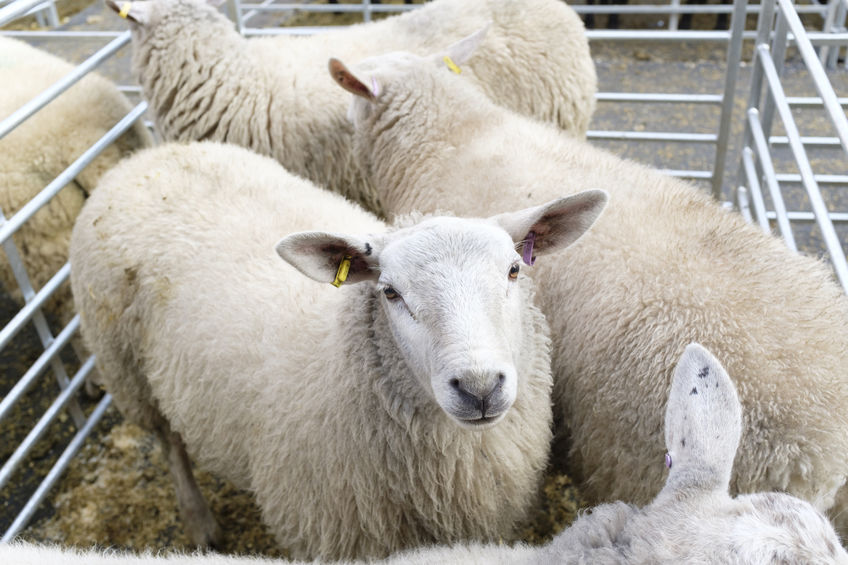
The sheep sector has welcomed new legislation banning the exports of live animals for slaughter as Brexit "effectively closed" the trade.
A new ban on exporting live animals has come into law as the Animal Welfare (Livestock Exports) Act received Royal Assent earlier this week.
The bill means that livestock can no longer be exported from Great Britain for slaughter or fattening.
However, live exports in other specific circumstances, for example, for breeding and competitions, will still be allowed.
The National Sheep Association (NSA), which once warned against a live export ban, said it now welcomes the move.
The body said that the export trade for live animals has "effectively been closed since the UK’s departure from the EU due to no live animal border facilities able to process consignments".
“Fortunately, market conditions in the UK have been favourable without this," explained NSA chief executive, Phil Stocker.
"So we have seen little negative impact of not having exported lambs for slaughter or further finishing – and exports of British lamb/sheep meat via carcasses and cuts into the EU continue to remain strong.”
As the highest ranked G7 nation according to World Animal Protection’s Index, the government stated that it is committed to high animal welfare standards and therefore it moved to end live exports for finishing or slaughter.
Government data shows up to 40 million farm animals, including sheep, calves and pigs, have been exported from Britain for further rearing or slaughter since the 1960s.
At its height, one million animals were being exported annually - and animals have travelled from ports such as Dover, Ramsgate and Brightlingsea.
But Mr Stocker said the NSA was pleased over the bill's passing, as it reiterated a commitment to animal welfare from government.
"The legislation will ensure that animals are slaughtered domestically in high welfare UK slaughterhouses, reinforcing our position as a world leader on animal welfare," he added.
The ban doesn’t include breeding animals, with the government keen to promote the live export of breeding animals.
Mr Stocker said the NSA supports this and the continuing of P&O bookings for the movement of breeding animals, but only once facilities are able to take live animals on the other side of the channel.
Due to the lack of Border Control Posts (BCP), he warned there had been 'devastating impacts' for the UK's breeding animal trade.
"British genetics and breeding stock are highly sought after worldwide and preventing this trade through the lack of BCPs has had significant financial implications for many businesses," he said.
